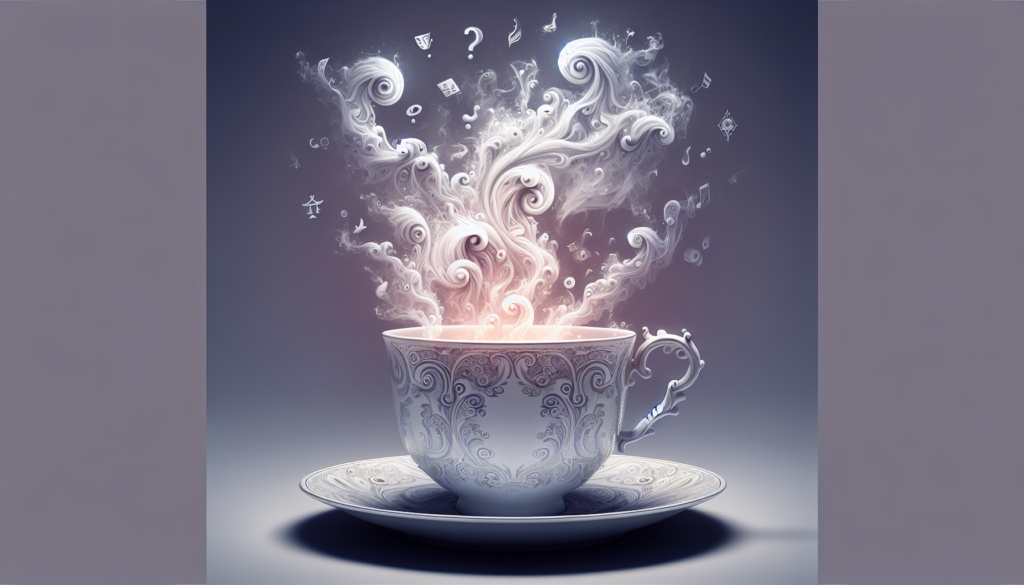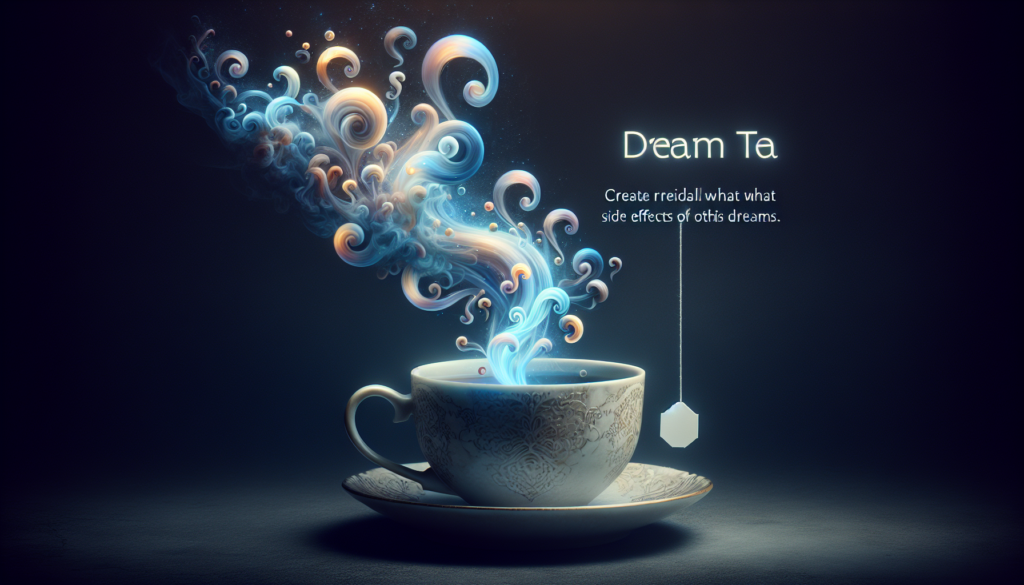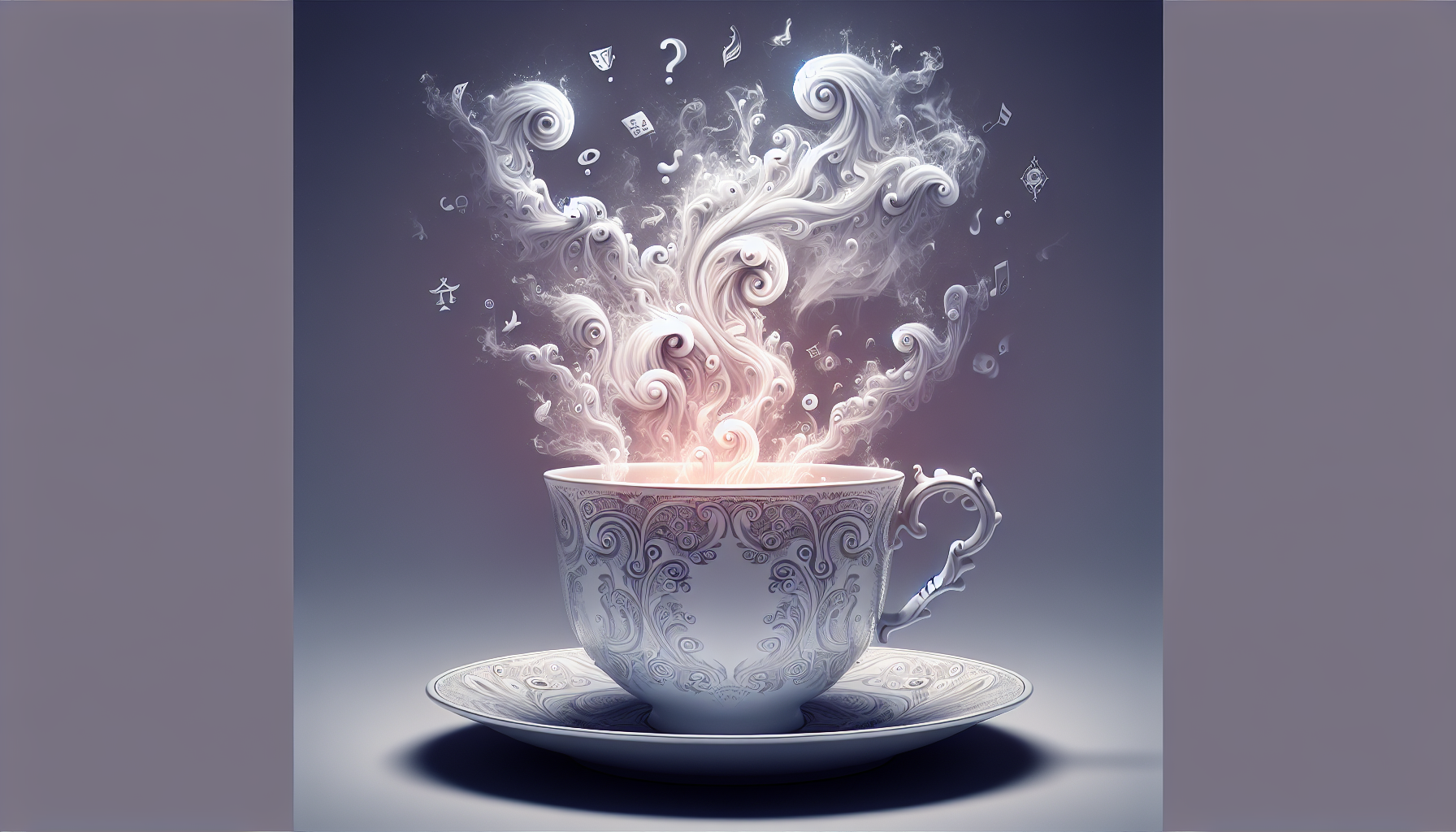Have you ever wondered about the potential side effects of dream tea? This herbal concoction has gained popularity as a natural remedy for promoting relaxation and inducing vivid dreams. However, it’s important to be aware of the potential risks and effects that dream tea can have on your body and mind. From potential allergies to disrupted sleep patterns, understanding the side effects of dream tea will help you make an informed decision about whether it’s the right choice for you.
Potential Side Effects of Dream Tea
Dream tea, a herbal infusion known for its calming and relaxation properties, has gained popularity among individuals seeking a peaceful and restful sleep. While dream tea offers many benefits, it is important to be aware of its potential side effects. As with any herbal remedy, everyone reacts differently, but it is always wise to know the possible risks. In this article, we will explore each potential side effect of dream tea in detail, providing you with the information you need to make an informed decision about incorporating it into your routine.
Digestive Issues
One potential side effect of dream tea is digestive issues. Some individuals may experience symptoms such as stomach discomfort, bloating, or changes in bowel movements after consuming dream tea. The specific herbal ingredients in dream tea, such as chamomile or valerian root, can have a relaxing effect on the muscles in the digestive tract, potentially leading to sluggish digestion. It is important to pay attention to your body and adjust your consumption if you notice any adverse effects. If digestive issues persist or worsen, it is advisable to consult with a healthcare professional.
Sleep Disturbances
It may seem counterintuitive, but another potential side effect of dream tea is sleep disturbances. While dream tea is widely consumed to promote a peaceful sleep, some individuals may experience vivid or unsettling dreams after consuming it. This could be attributed to the unique combination of herbs in dream tea, which can affect brain activity and alter sleep patterns. If you find that dream tea is causing disruptive dreams or restless sleep, considering adjusting your consumption or trying alternative relaxation techniques before bed.

Allergic Reactions
Dream tea typically comprises various herbs, each with its own set of properties. As with any herbal remedy, individuals who are prone to allergies should exercise caution when consuming dream tea for the first time. Allergic reactions to dream tea can range from mild symptoms, such as itching or a rash, to more severe reactions, including difficulty breathing or swelling of the face or throat. If you have a known allergy to any of the herbs commonly found in dream tea, it is advisable to avoid consumption altogether. If you are unsure, it is best to consult with an allergist before trying dream tea.
Pregnancy and Breastfeeding
For expecting mothers or individuals who are breastfeeding, it is essential to be cautious when considering the consumption of dream tea. The effects of dream tea on pregnancy and breastfeeding have not been extensively studied, and therefore, it is recommended to err on the side of caution. Some herbs commonly found in dream tea, such as chamomile or lavender, may have uterine-stimulating properties that could potentially lead to complications or preterm labor. Additionally, certain herbal compounds may pass into breast milk and affect the nursing infant. It is advisable to consult with a healthcare professional before incorporating dream tea into your routine if you are pregnant or breastfeeding.

Interactions with Medications
If you are currently taking any medications, it is important to consider the potential interactions between dream tea and your prescribed drugs. Some herbal compounds found in dream tea, such as valerian root, may interact with certain medications, including sedatives, antidepressants, or blood thinners. These interactions can potentially enhance or diminish the effectiveness of the medications, leading to unforeseen consequences. To ensure your safety and the efficacy of your prescribed drugs, it is crucial to discuss with your healthcare provider before consuming dream tea or adjusting your medication regimen.
Caffeine Sensitivity
While dream tea is generally caffeine-free, some variations or blends may contain trace amounts of caffeine. If you are sensitive to caffeine or trying to avoid it altogether, it is important to read the label carefully or consult with the manufacturer to ensure that your dream tea is caffeine-free. Consuming dream tea with caffeine or drinking it too close to bedtime can potentially disrupt sleep patterns and cause restlessness. If you are looking to experience the calming effects of dream tea without the stimulating effects of caffeine, be sure to choose a caffeine-free variant.
Liver Damage
Although rare, excessive consumption or prolonged use of dream tea may potentially lead to liver damage. The specific herbs found in dream tea, such as kava or skullcap, have been associated with instances of liver toxicity. It is important to note that these cases are rare, and usually occur when consumed in large amounts or in combination with other substances that are hepatotoxic. To avoid any potential risk, it is advisable to consume dream tea in moderation and discontinue use if you experience any concerning symptoms related to liver function, such as jaundice or abdominal pain.
Kidney Damage
Similar to the rare instances of liver damage, prolonged or excessive consumption of dream tea may also pose a risk to kidney health. Certain herbs in dream tea, such as dandelion root or nettle leaf, can have diuretic properties, potentially increasing the frequency of urination and placing strain on the kidneys. If you have pre-existing kidney conditions or are at risk for kidney problems, it is recommended to consult with a healthcare professional before incorporating dream tea into your routine. Additionally, it is important to stay adequately hydrated when consuming diuretic herbs in order to maintain kidney health.
Psychological Effects
While dream tea is generally considered safe for consumption, some individuals may experience psychological effects after consuming it. This can include symptoms such as increased anxiety, mood swings, or changes in mental clarity. These psychological effects are typically rare, but can occur due to individual sensitivities or interactions with other medications or substances. If you notice any unexpected changes in your mood or mental well-being after consuming dream tea, it is advisable to reduce or discontinue use and consult with a healthcare professional if symptoms persist.
Effect on Blood Pressure
Individuals with high or low blood pressure should exercise caution when consuming dream tea. Some herbal compounds, such as valerian root, may have the potential to lower blood pressure. While this effect might be advantageous for those with hypertension, it could pose a risk for individuals with low blood pressure or those taking medication to regulate blood pressure. It is advisable to monitor your blood pressure regularly and consult with a healthcare professional if you have any concerns or experience any adverse effects on your blood pressure after consuming dream tea.
In conclusion, while dream tea offers many potential benefits, it is important to consider and understand its potential side effects. Digestive issues, sleep disturbances, allergic reactions, and interactions with medications are among the potential risks to be mindful of. Additionally, dream tea may have implications for pregnancy and breastfeeding, as well as the liver, kidneys, psychological well-being, and blood pressure. By educating yourself about the possible side effects and consulting with a healthcare professional if needed, you can make an informed decision about incorporating dream tea into your wellness routine. Remember, everyone’s experience may vary, so it is important to pay attention to your body and adjust your consumption accordingly.



